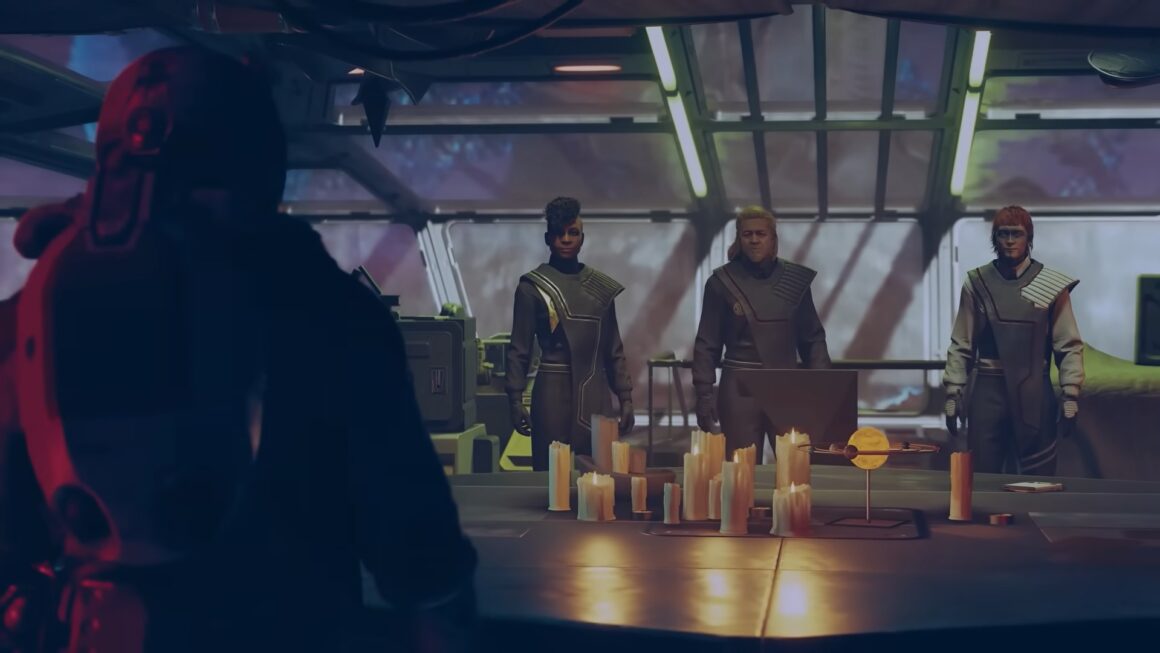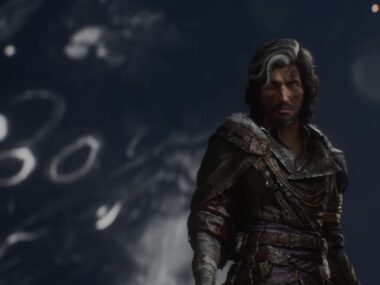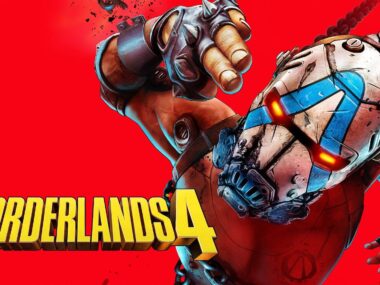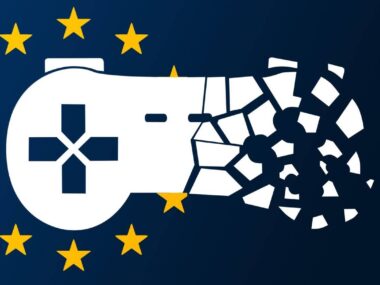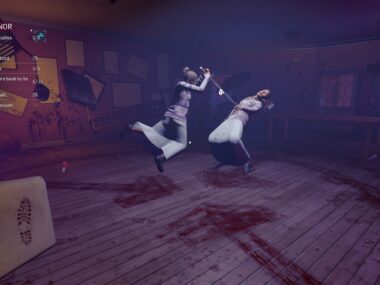When “Good Enough” Isn’t Good Enough
Starfield sold well, but let’s be honest. Sales don’t tell the whole story. People bought it because it was a Bethesda game. They expected that same magic that made Fallout 3 or Skyrim unforgettable. What they got instead was a technically impressive, emotionally hollow experience.
That’s not a disaster; it’s a warning.
Bethesda is no longer competing against its past successes. It’s competing against The Witcher 3, Baldur’s Gate 3, and Cyberpunk 2077 post-repair. Players have seen what great storytelling looks like now. “Good enough” isn’t good enough anymore.
The World Has Changed. Bethesda Hasn’t
For years, Bethesda’s formula worked: build a massive open world, sprinkle in lore, and let players create their own stories. That approach defined a generation of RPGs. The industry evolved while Bethesda stood still.
The new expectation isn’t just freedom. It’s meaning. Players don’t just want to explore; they want to feel something when they do.
Games like Baldur’s Gate 3 thrive because every quest, every companion, every decision carries weight. Meanwhile, Starfield offered a universe that technically stretched across the stars but emotionally went nowhere.
The problem wasn’t ambition. It was direction.
The Cost of Playing It Safe
Bethesda’s biggest mistake wasn’t the procedural generation. It was creative hesitation. After years of innovation in other studios, Starfield felt like it was built to protect a legacy instead of redefine one.
You can’t play it safe and build a universe worth exploring.
Handcrafted storytelling requires risk. It requires letting players break things, make mistakes, and shape outcomes in ways that surprise even the developers. Bethesda used to understand that. Skyrim is still beloved because it was chaotic, alive, and personal.
In Starfield, everything feels contained. Predictable. Safe.
When a game gives you the entire galaxy but no reason to care about it, that’s not scale. It’s emptiness.
The Next Frontier: Soul, Not Size
The Elder Scrolls VI can’t afford to repeat Starfield’s mistakes. If Bethesda wants to recover its reputation, it must focus less on how big its world is and more on how alive it feels.
That means:
- Fewer empty spaces, more memorable ones.
- Fewer generic characters, more believable people.
- Less procedural, more intentional.
Bethesda has proven it can create iconic settings. Morrowind felt alien. Oblivion felt regal. Skyrim felt cold and ancient. Each world had an identity. Starfield didn’t. If Elder Scrolls VI repeats that mistake, nostalgia won’t save it.
Learning From Those Who Surpassed Them
It’s not too late. Bethesda can learn from the very studios that outpaced them.
- Larian Studios showed how writing can make even small areas feel vast.
- CD Projekt Red proved that redemption is possible when you listen to your community.
- Hello Games reminded everyone that procedural generation doesn’t have to mean lifeless content. It can mean infinite curiosity if done right.
Bethesda has the talent and technology. What it needs is humility. The willingness to admit that the formula needs to evolve.
What Bethesda Owes Its Fans
Fans didn’t turn on Bethesda because they wanted something different. They turned because Bethesda stopped delivering what it promised: worlds worth getting lost in.
People don’t love Skyrim because it’s big. They love it because it feels like a place they lived in. They remember the innkeepers, the bards, the random encounters that turned into stories of their own.
That’s what’s missing from Starfield. The spark that turns a map into a memory.
If Bethesda can remember that feeling and build on it, Elder Scrolls VI could be something special. If they chase scale over soul again, players won’t follow them into the next galaxy or the next province.
Starfield didn’t fail because of space or scope. It failed because Bethesda forgot what made its worlds matter.
The studio’s future depends on remembering that the heart of an RPG isn’t its size. It’s its humanity.
If Bethesda can bring that back, the next game won’t just be a comeback. It’ll be a reminder of why players fell in love with its worlds in the first place.
